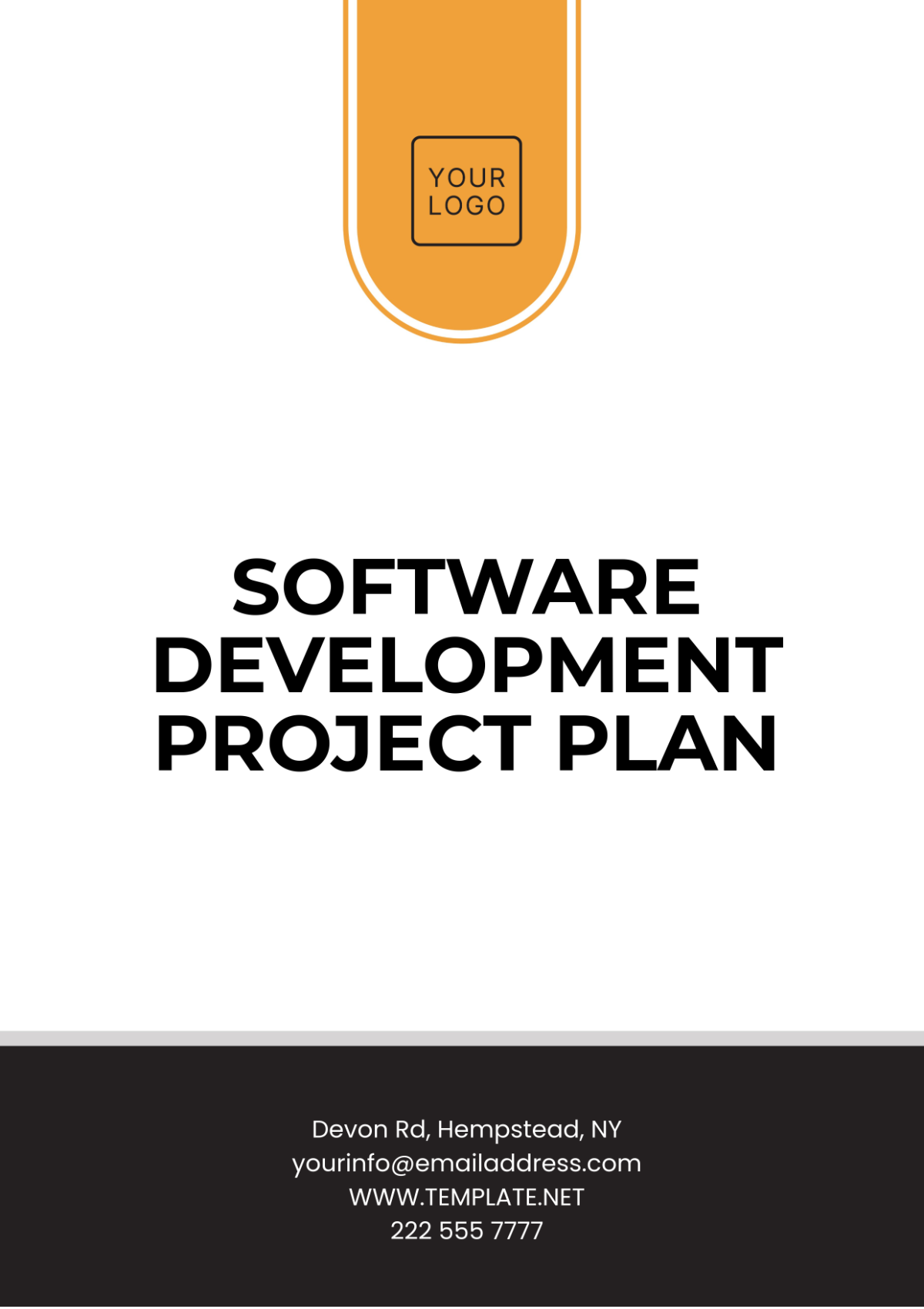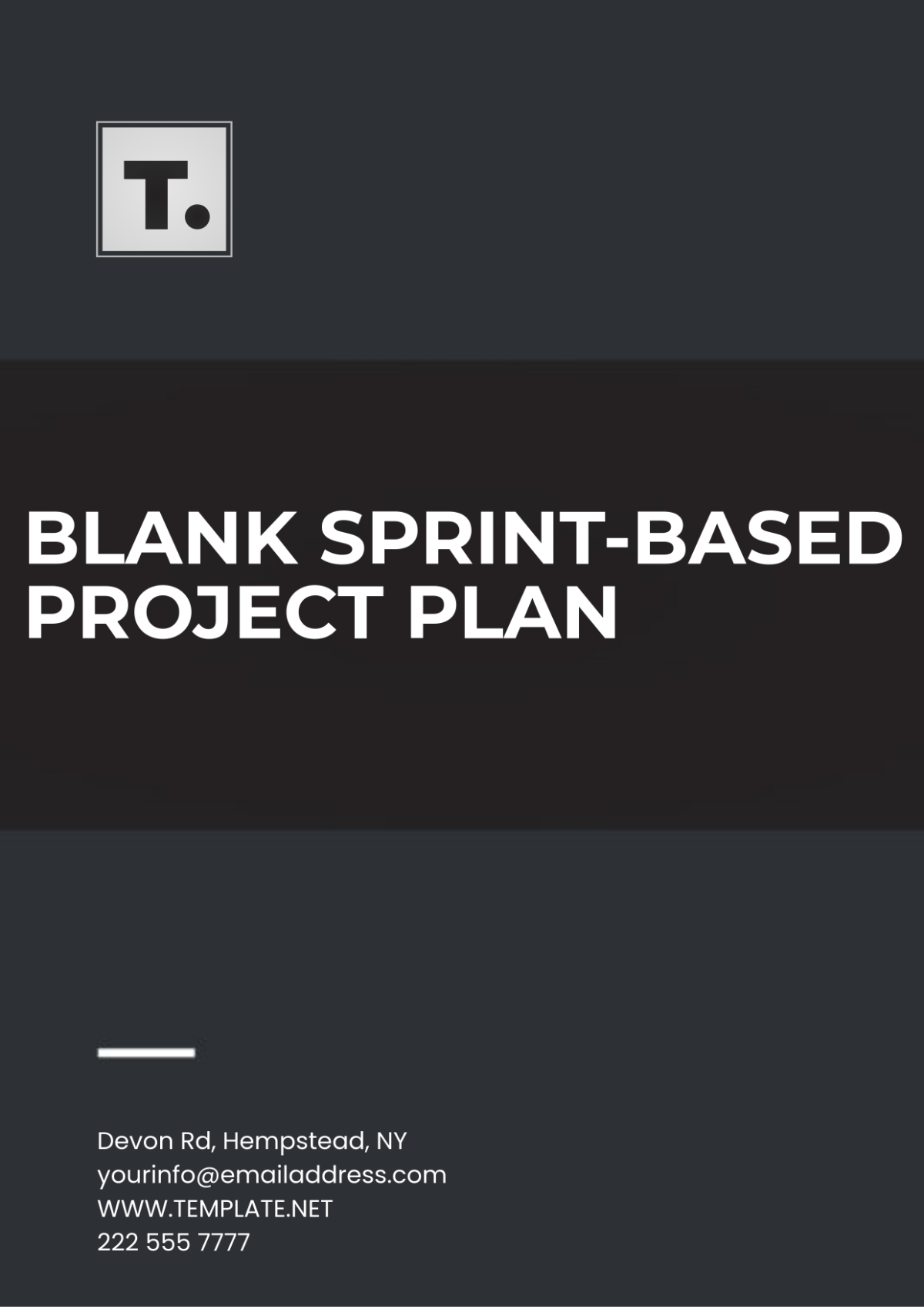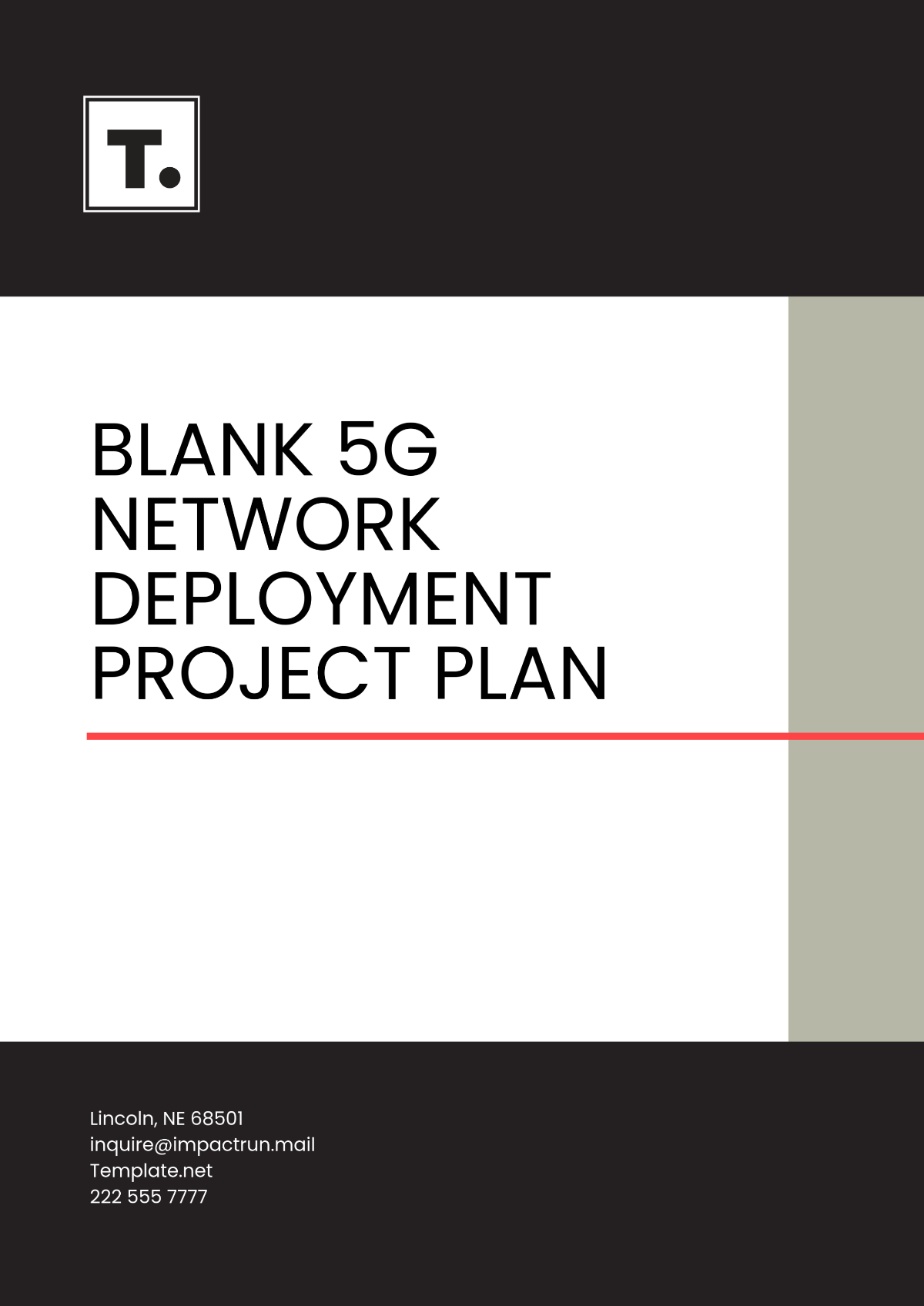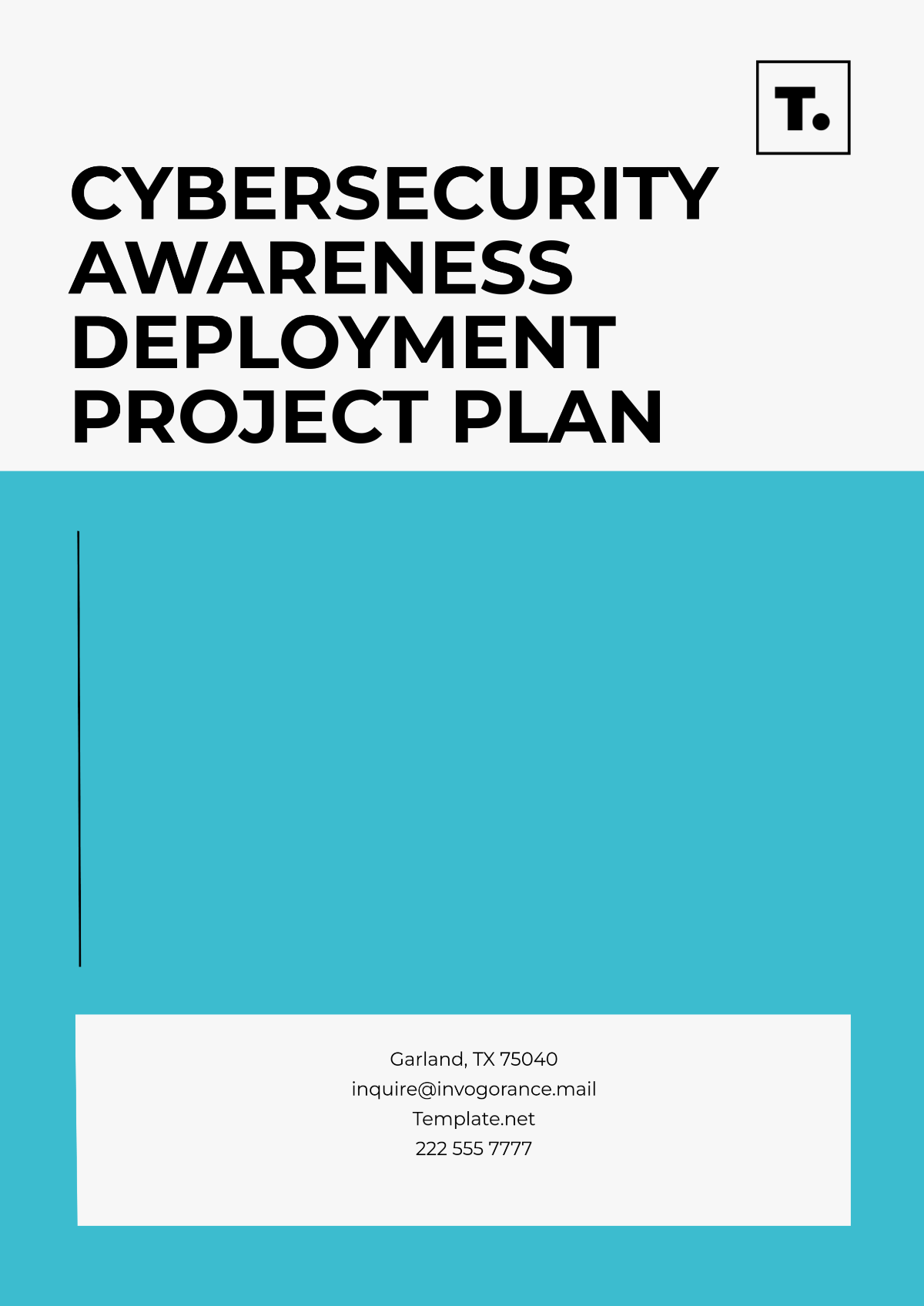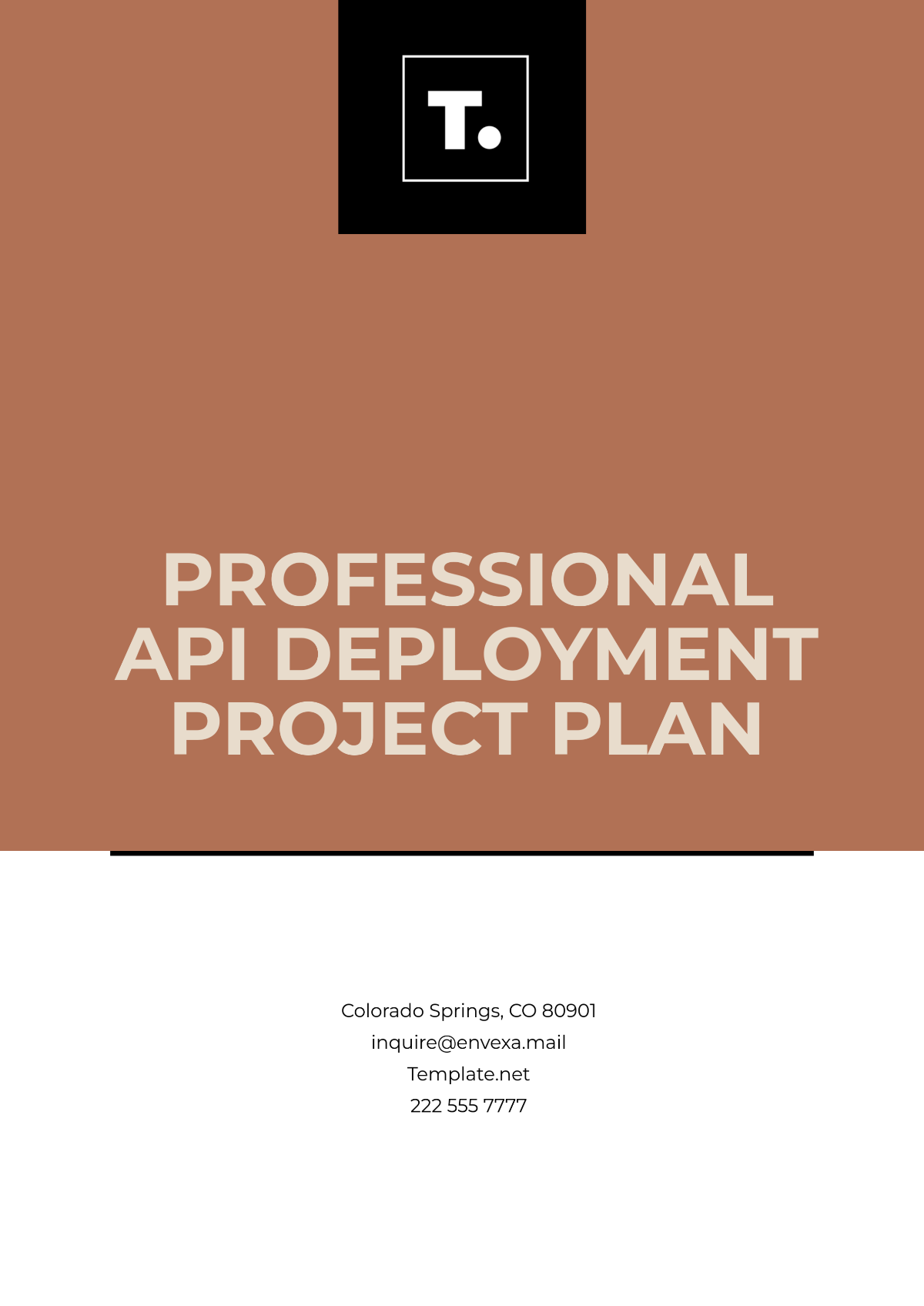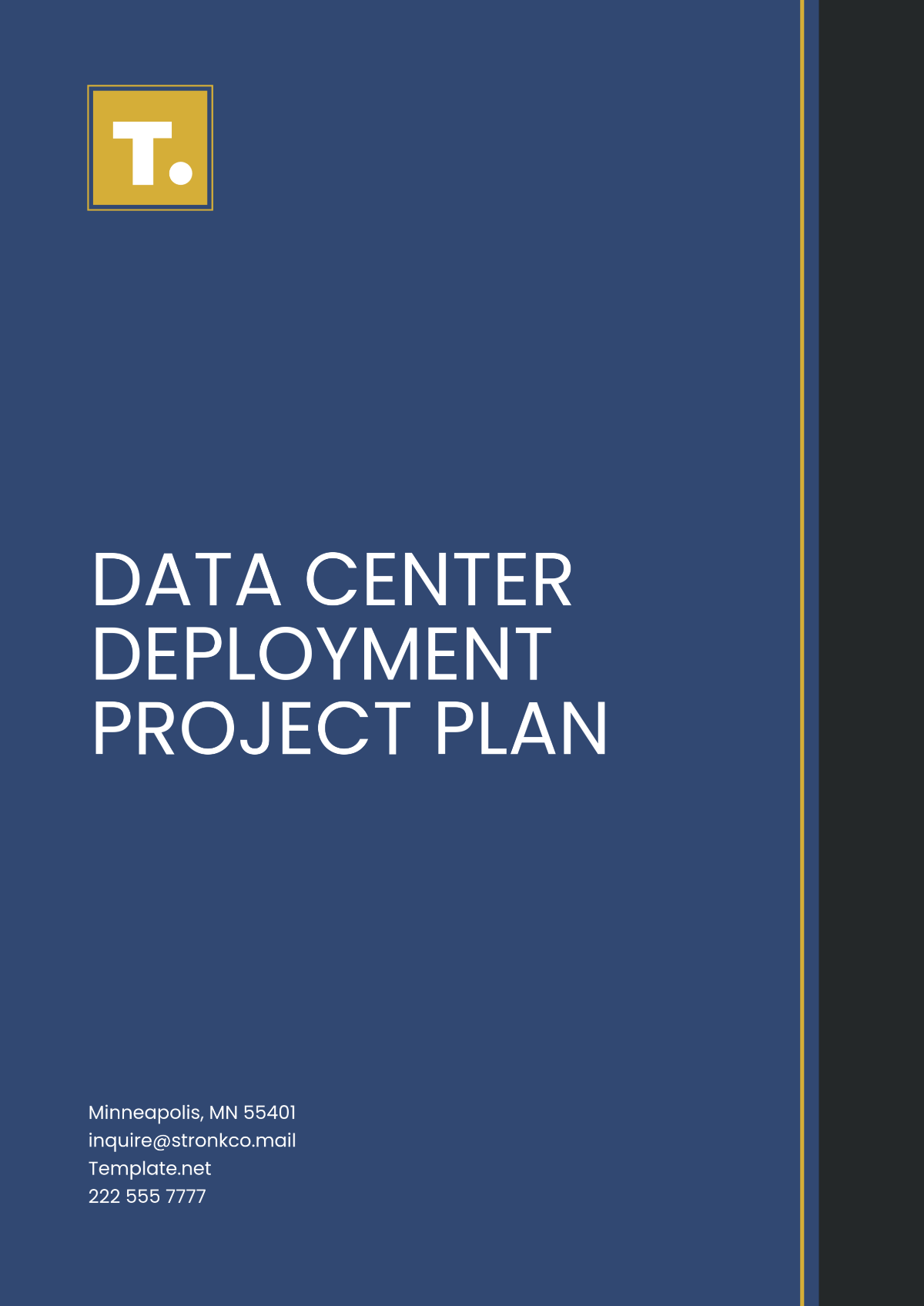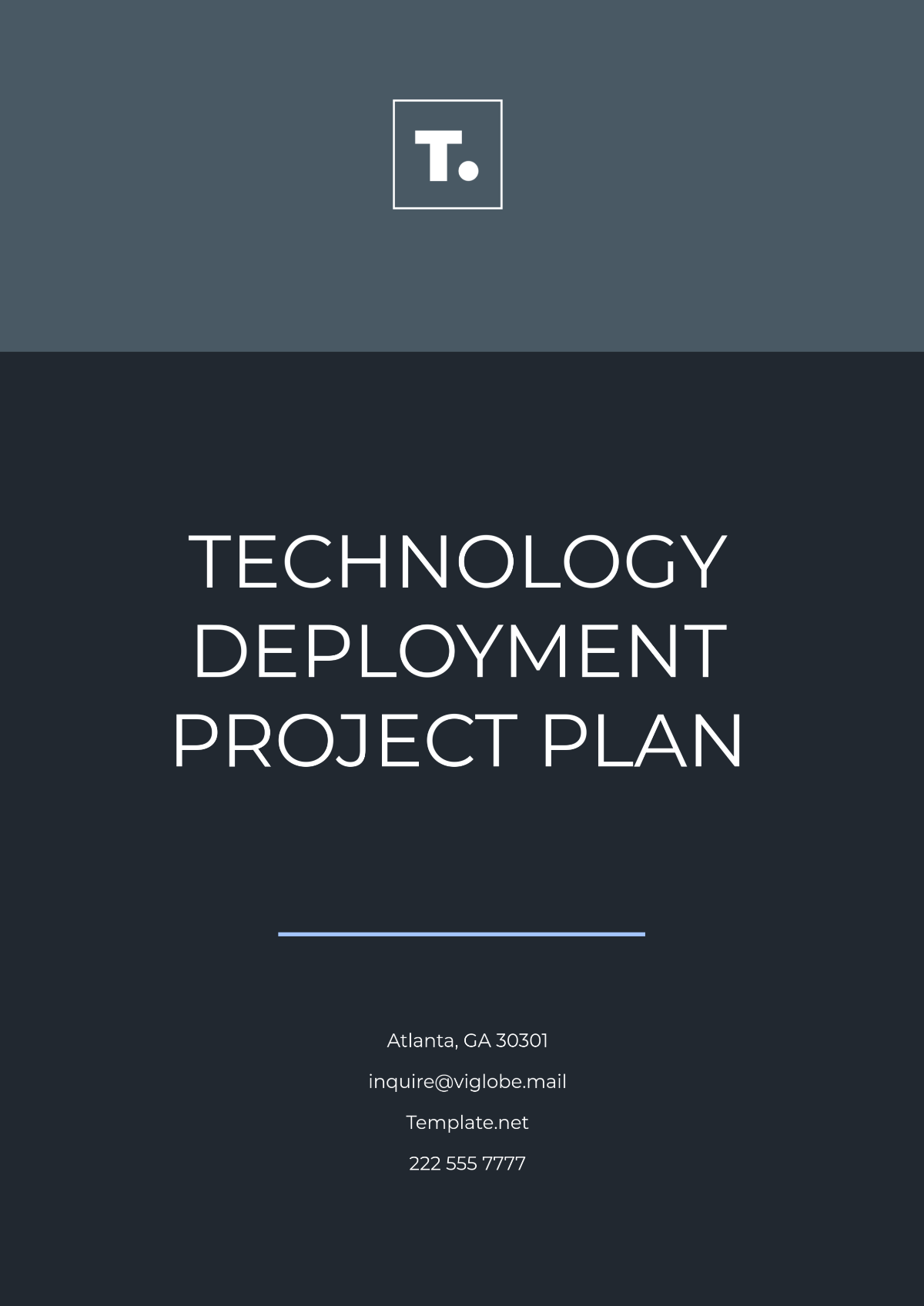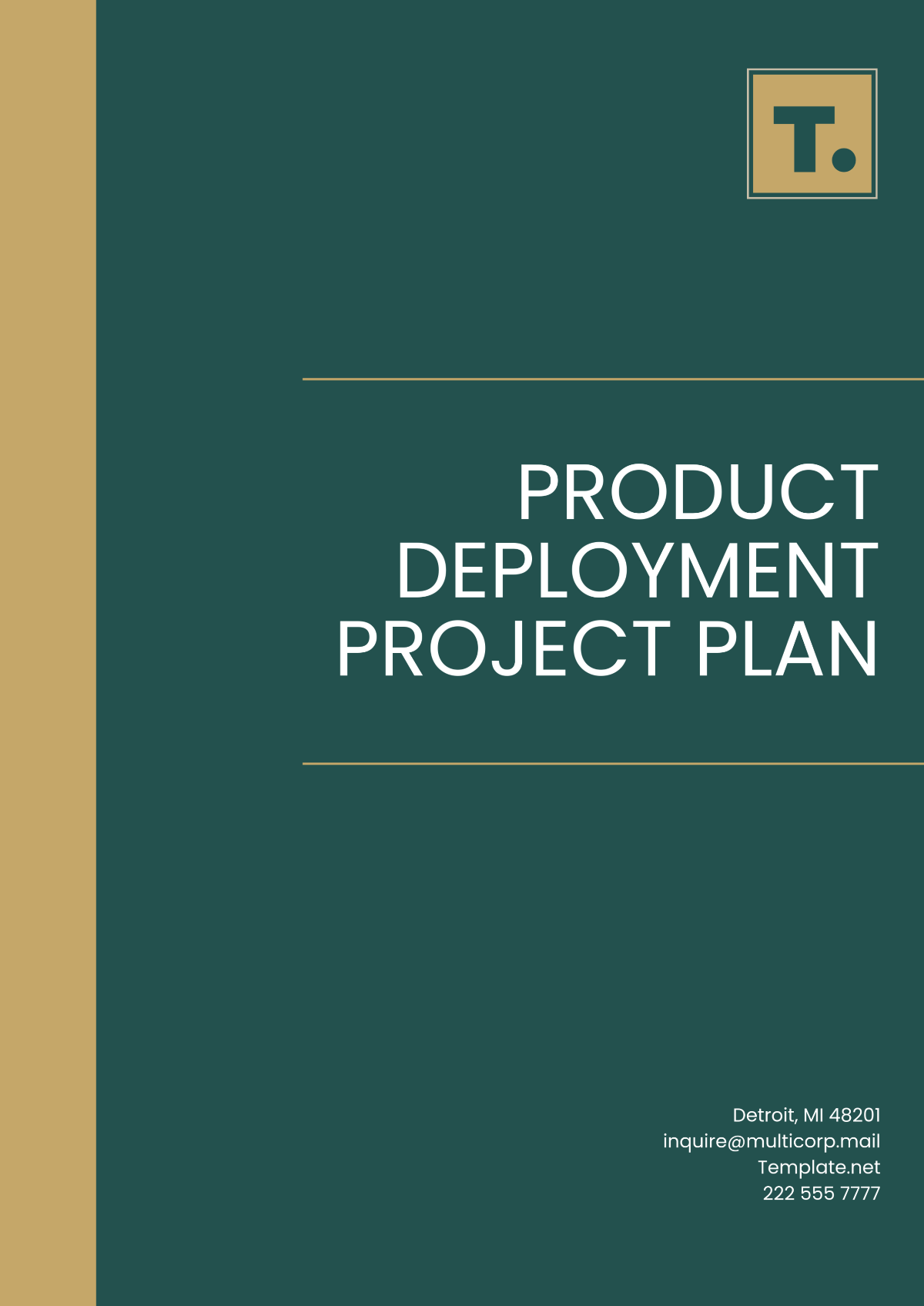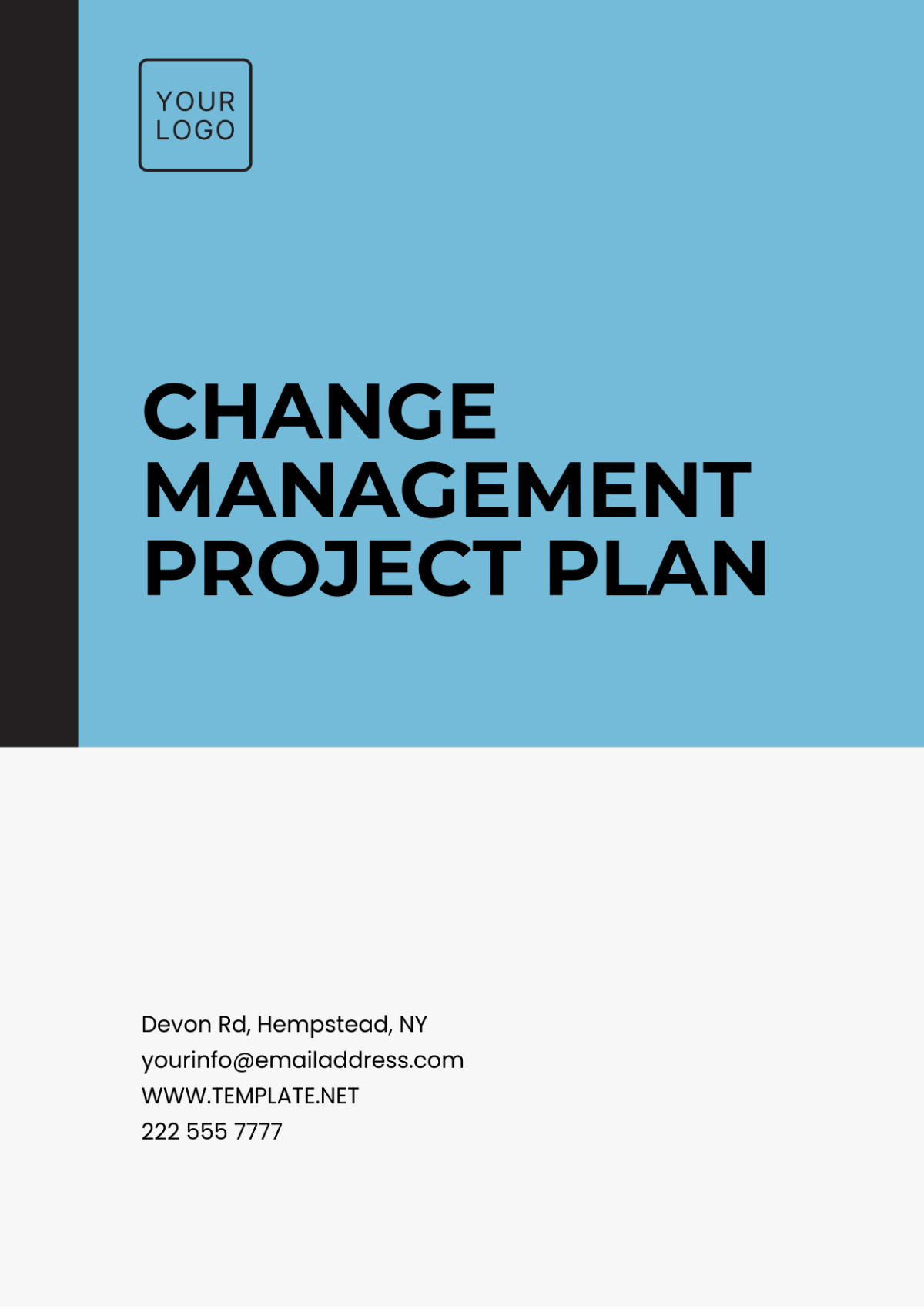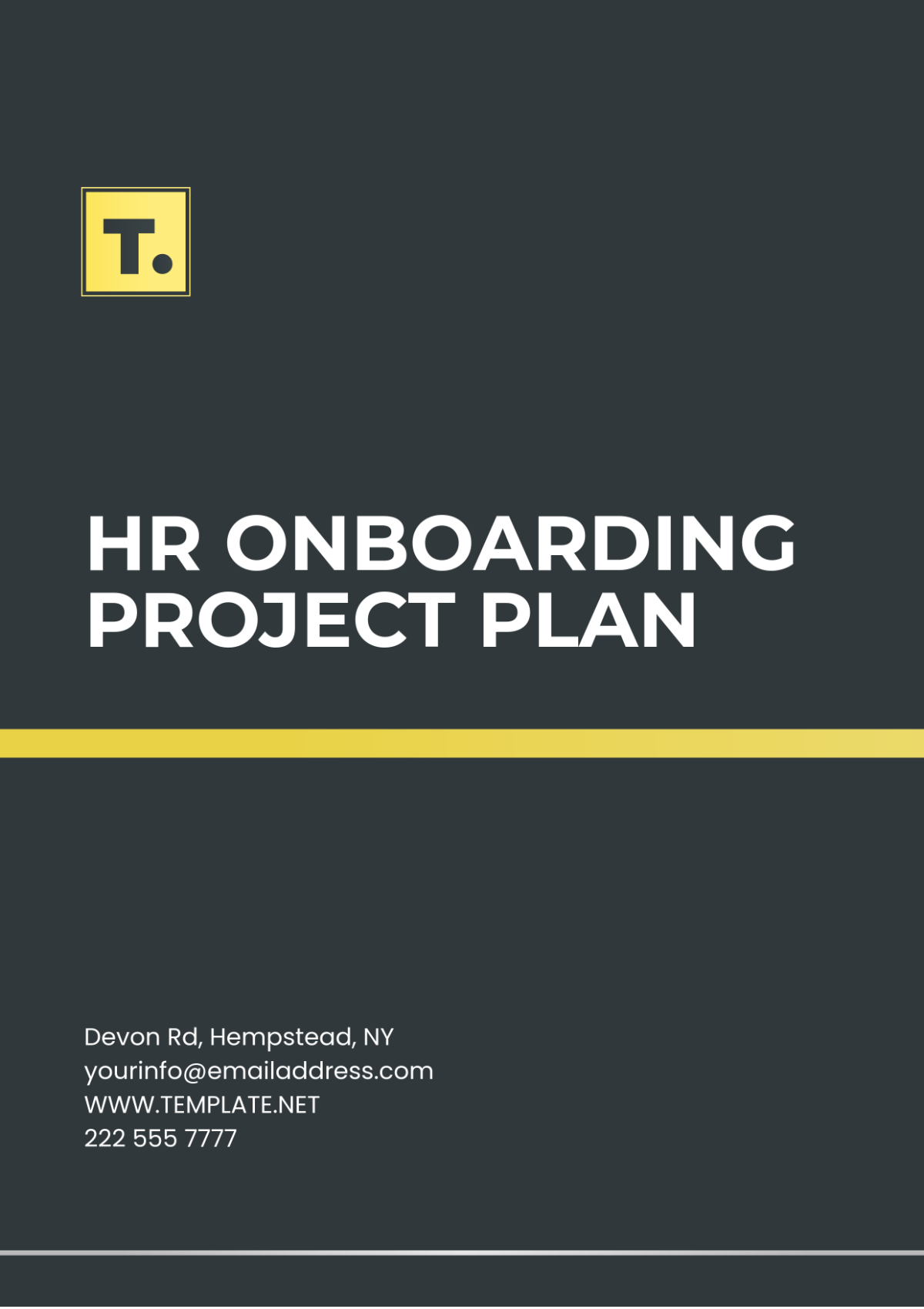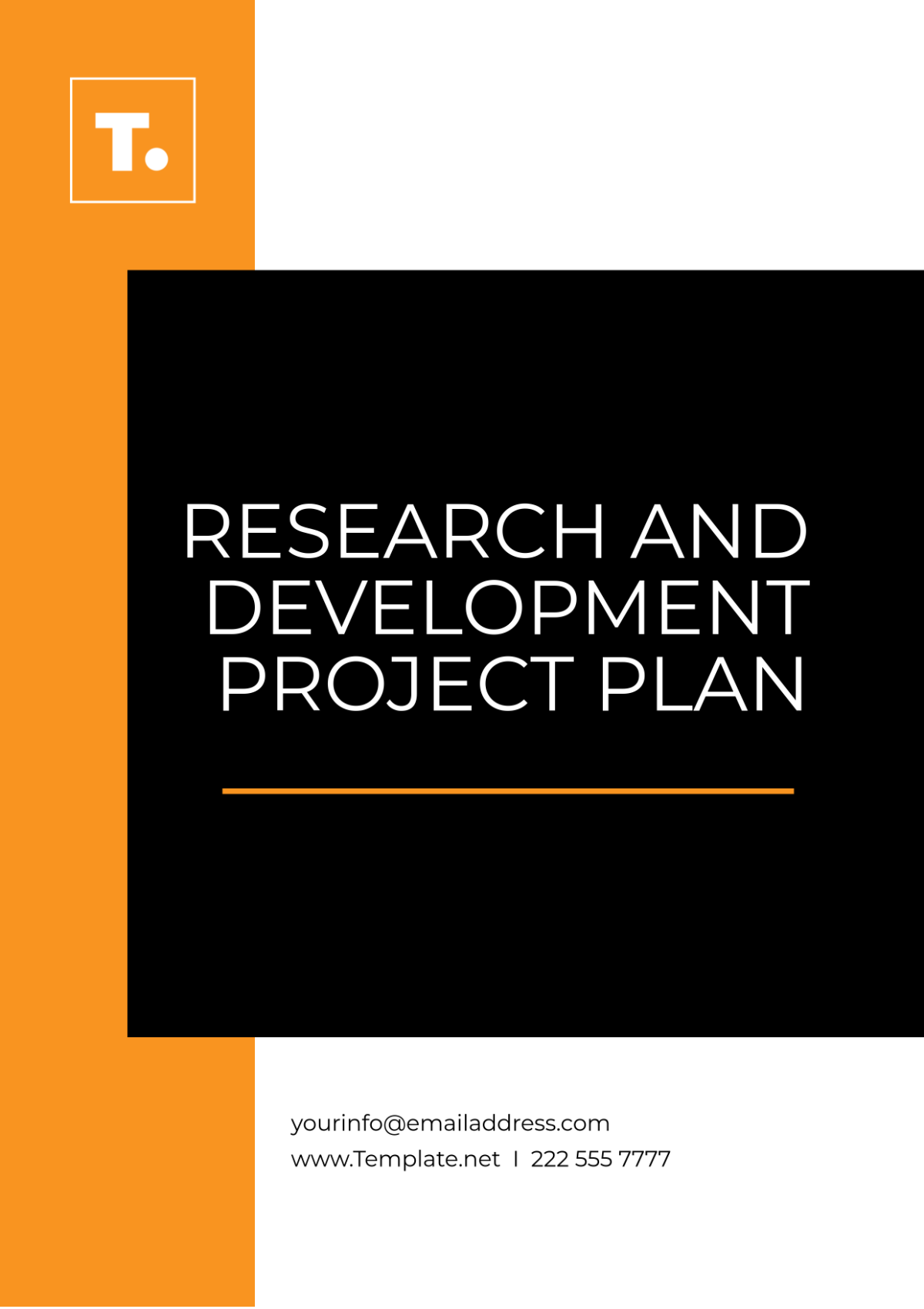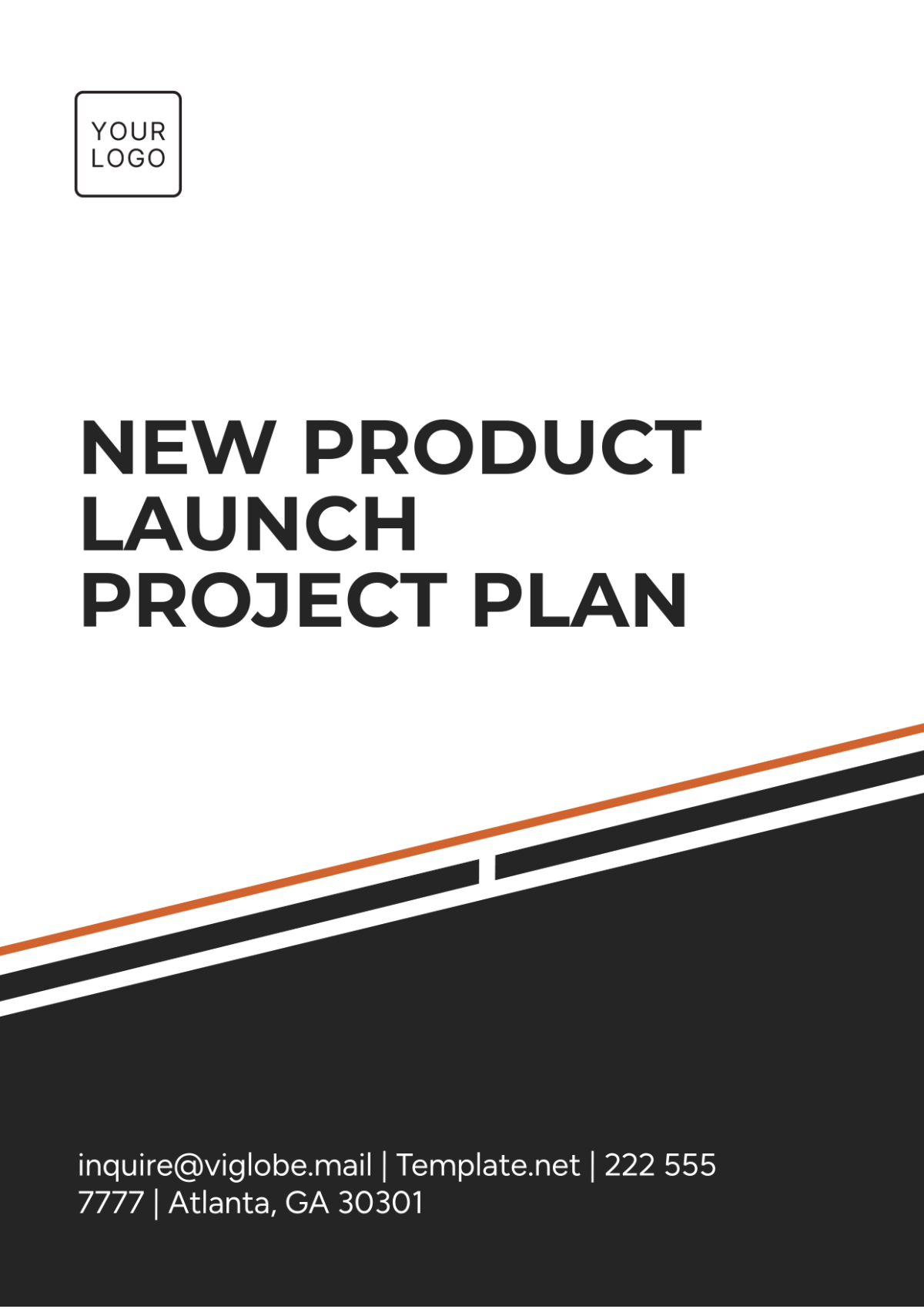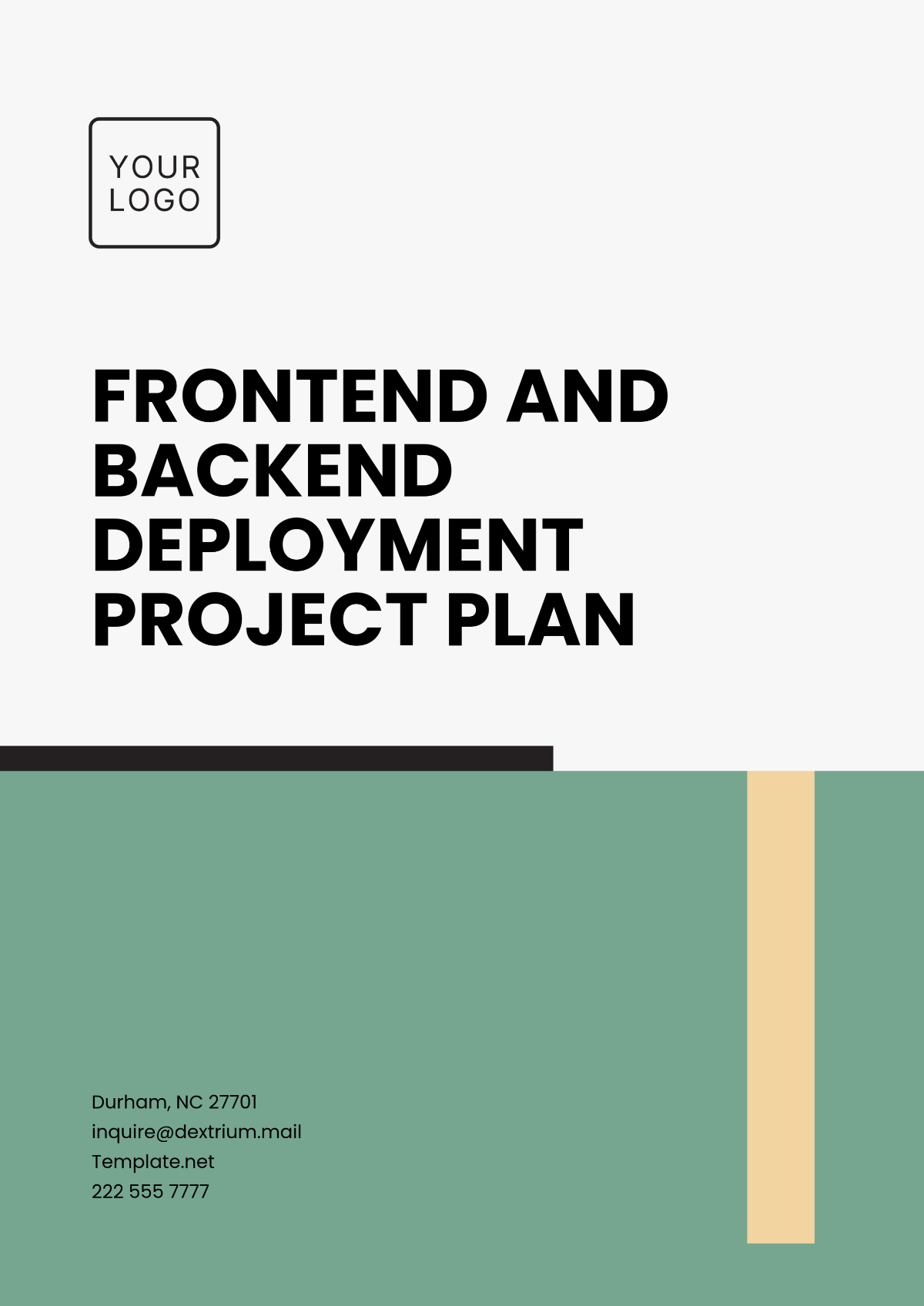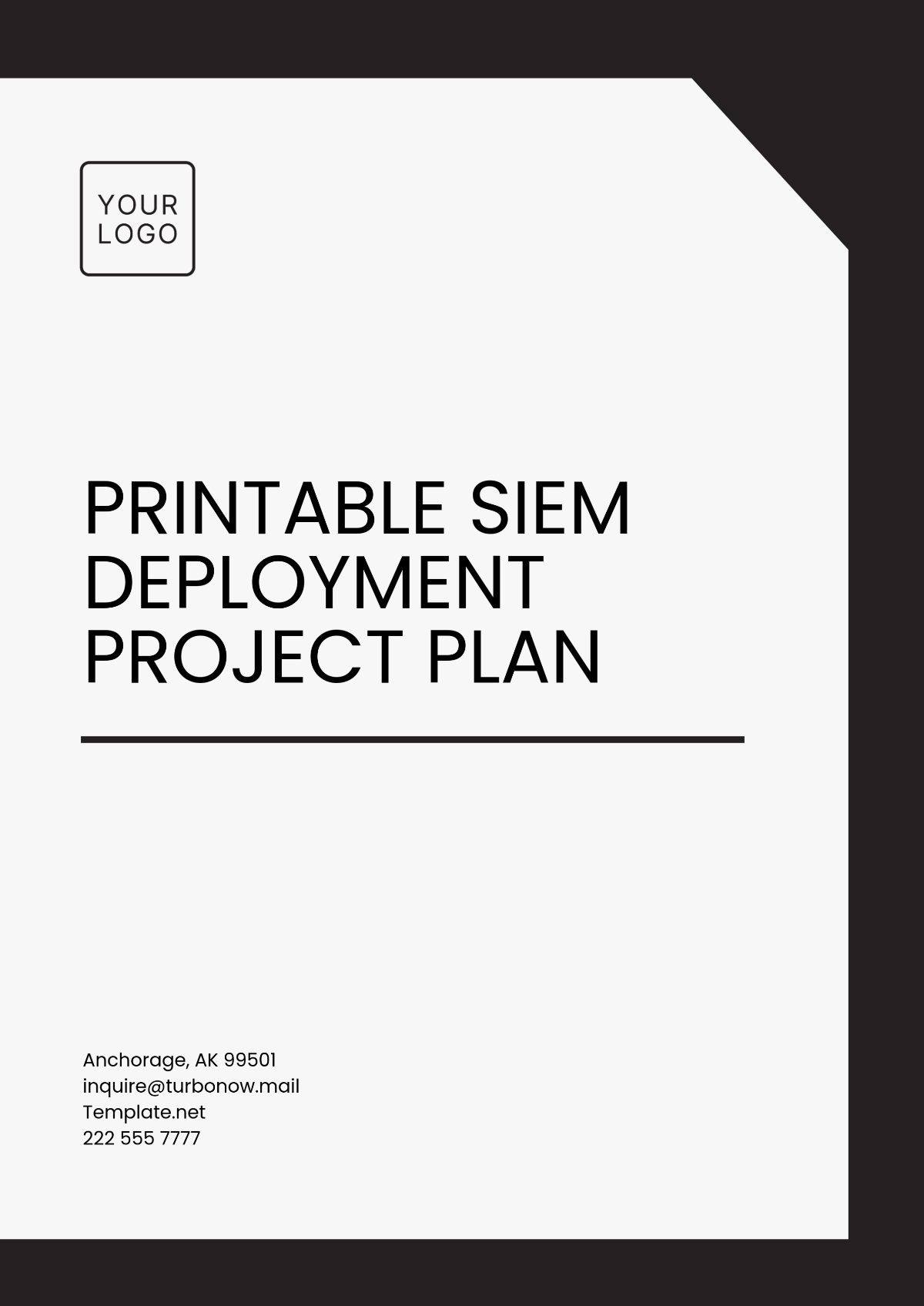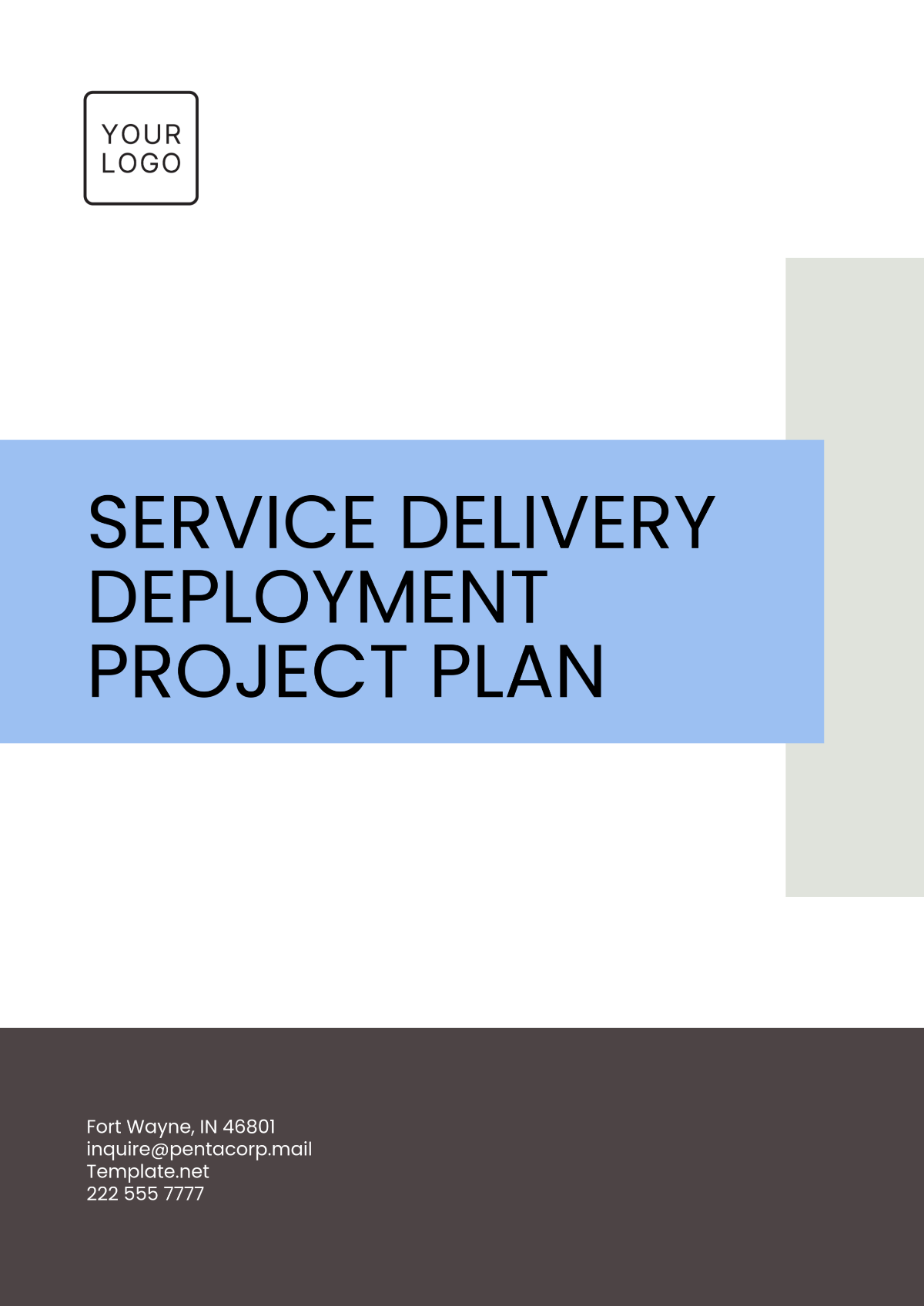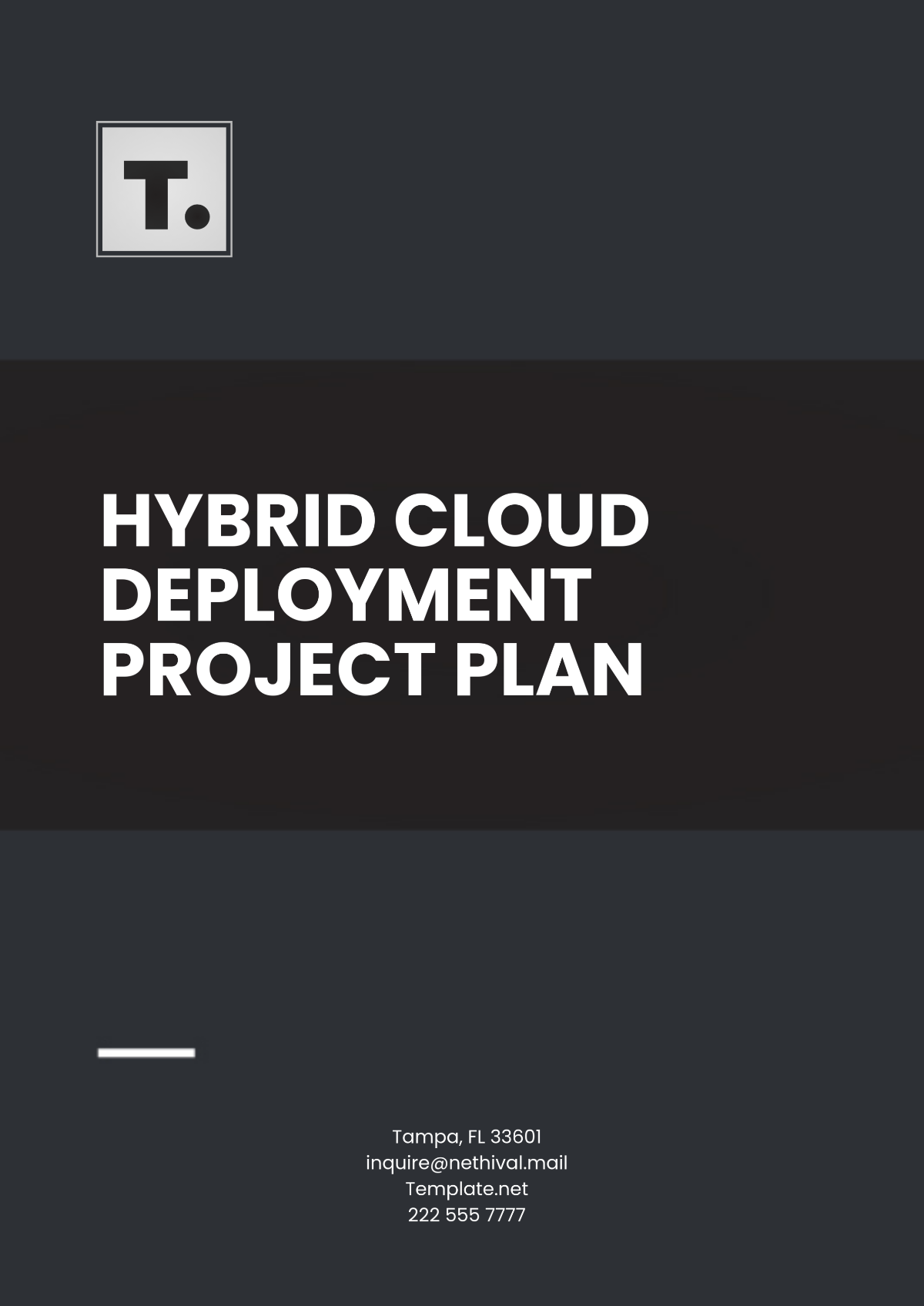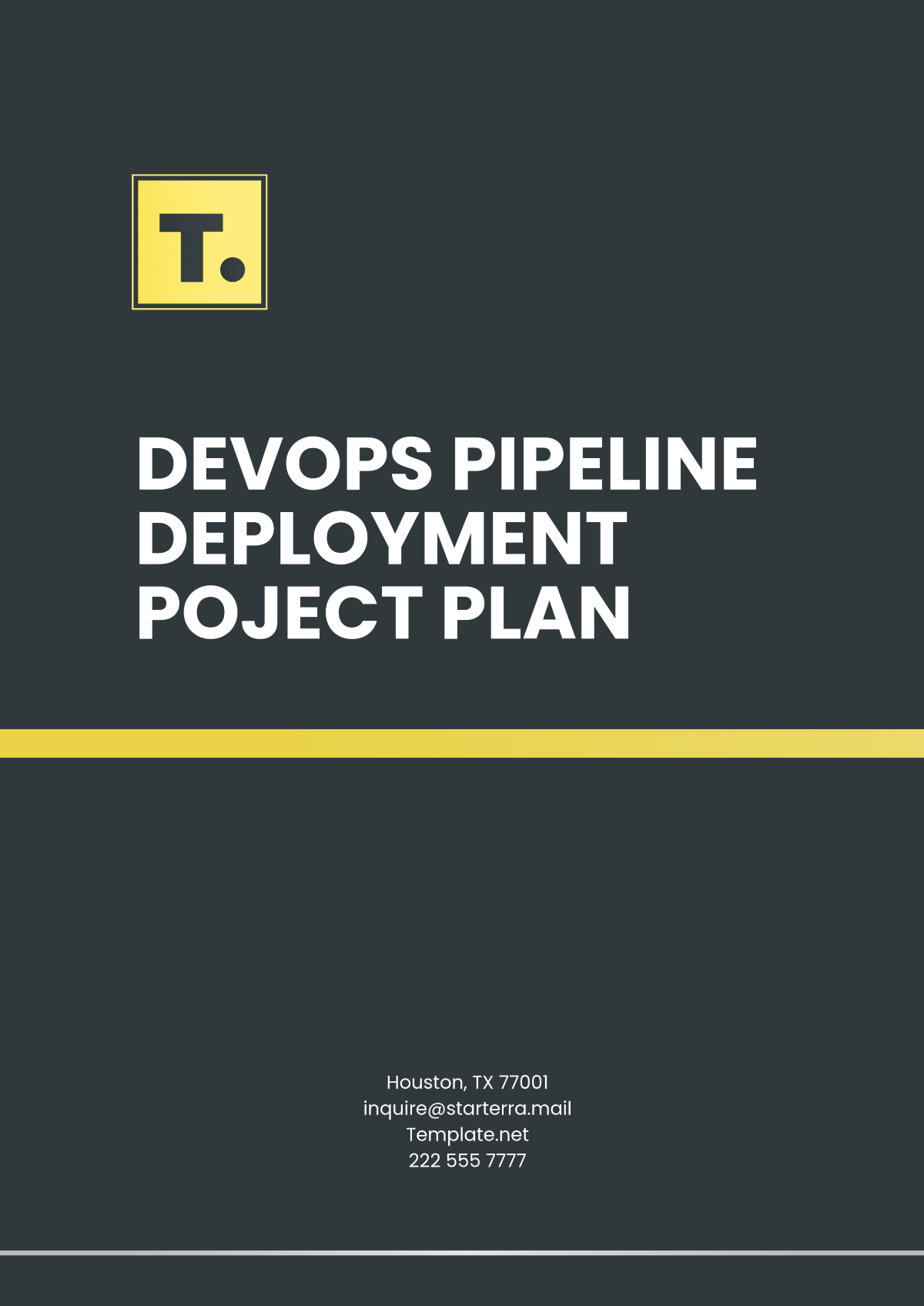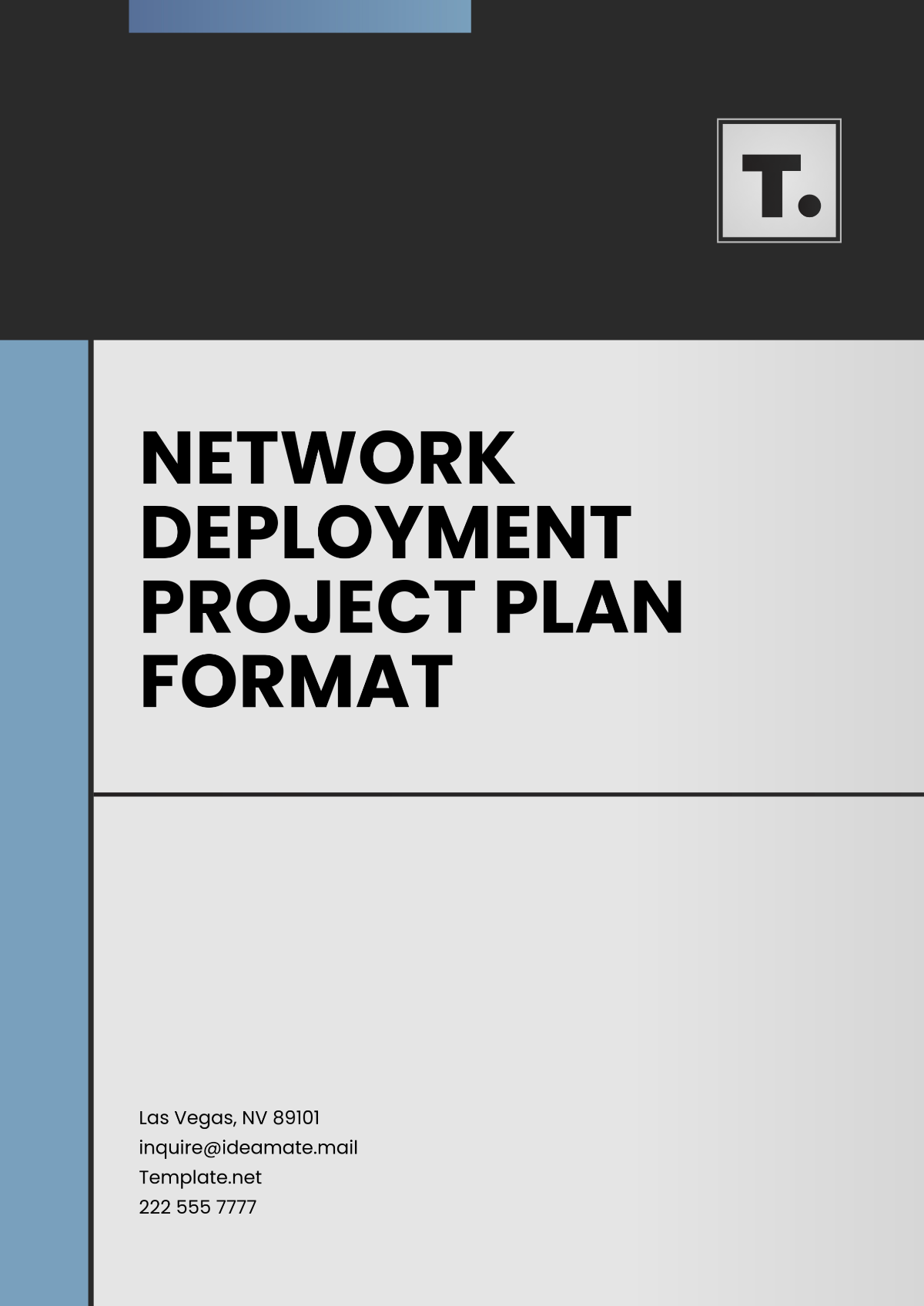HR System Implementation
Project Plan
Name : | [Your Name] |
Company Name : | [Your Company Name] |
Department : | Human Resources |
Date : | [Date] |
I. Introduction
The HR System Implementation Project represents a significant milestone in our organization's journey towards modernizing and optimizing our human resources processes. With the rapid advancements in technology and the evolving needs of our workforce, it has become imperative to replace our outdated HR systems with a more robust and user-friendly solution. By implementing a new HR system, we aim to revolutionize the way we manage HR tasks, streamline processes, and enhance the overall employee experience.
This project is not just about adopting new software; it's about transforming our HR function to become more agile, efficient, and data-driven. Ultimately, the successful implementation of this project will not only benefit our HR department but will also have a profound impact on the entire organization, driving productivity, compliance, and employee satisfaction to new heights.
II. Project Scope
The scope of the HR System Implementation Project is comprehensive, covering various aspects of our HR operations. This includes but is not limited to, payroll management, employee self-service, performance management, recruitment, and attendance tracking. The new system will integrate seamlessly with existing HR processes and other relevant systems within the organization, ensuring data consistency and accuracy across all platforms. Additionally, customization options will be explored to tailor the system to our specific needs and requirements.
While the primary focus is on enhancing efficiency and user experience, compliance with regulatory standards and data security will remain paramount throughout the implementation process. By defining the scope upfront, we can ensure alignment with organizational goals and objectives while effectively managing expectations and resources.
III. Project Objectives
Automate manual HR processes to improve efficiency.
Enhance data accuracy and accessibility.
Provide a user-friendly interface for employees and HR staff.
Ensure compliance with regulatory requirements.
Facilitate better decision-making through comprehensive reporting capabilities.
IV. Project Team
Project Manager: [Name]
HR Director: [Name]
IT Manager: [Name]
HR System Administrator: [Name]
HR Representatives: [Names]
V. Project Timeline
Phase | Timeline |
|---|---|
Requirements Gathering | Month 1-2 |
Vendor Selection | Month 3-4 |
System Configuration | Month 5-6 |
Testing and QA | Month 7-8 |
Training | Month 9-10 |
Go-Live and Implementation | Month 11-12 |
VI. Budget and Resources
The HR System Implementation Project requires careful allocation of resources to ensure its success. Our budget of $[Amount] will cover the costs associated with software procurement, customization, training, and implementation support.
We will allocate human resources, including dedicated project team members, IT personnel, and HR staff, to oversee various aspects of the project. It's essential to ensure that the allocated resources are utilized efficiently and effectively throughout the project lifecycle.
Any deviations from the budget or resource constraints will be carefully monitored and addressed promptly to prevent delays or setbacks in the project timeline.
VII. Risk Management
Effective risk management is integral to the success of the HR System Implementation Project. Potential risks such as data security breaches, system integration issues, and resistance to change have been identified and assessed.
To mitigate these risks, we have developed comprehensive risk mitigation strategies. This includes implementing robust data security measures to safeguard sensitive information, conducting thorough testing and quality assurance to identify and resolve any integration issues proactively, and implementing change management strategies to address resistance and foster a culture of openness to change within the organization.
Regular risk assessments will be conducted throughout the project lifecycle to identify new risks and adjust mitigation strategies accordingly, ensuring a smooth and successful implementation process.



